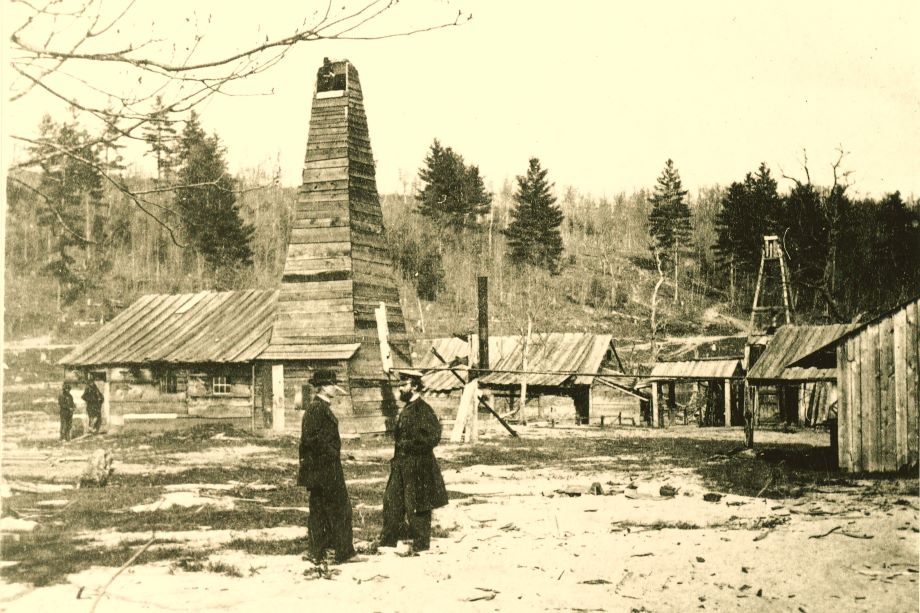Department of Energy Releases its “AI for Science” Report
Department of Energy Releases its “AI for Science” Report
The Department of Energy recently released a report based on four “AI for Science” town hall meetings hosted in 2019 by Argonne, Oak Ridge, and Berkeley national laboratories. The report presents a summary of the state of the art, the challenges facing the industry, and opportunities for advancement in artificial intelligence (AI), Big Data, and high-performance computing (HPC).
The 200+ page report is broken down into the following main topics:
New approaches to AI design and techniques will be necessary in order to support the progress of the DOE’s science infrastructure. Increased collaboration between scientific users, instrument providers, mathematicians, and computer scientists will be imperative in order to develop new capabilities and tools to this end. The report outlines some opportunities in this direction but acknowledges that this will require further exploration.
Of course, artificial intelligence is not a magical wand that can be used to address all challenges and opportunities. In order to maximize the potential of AI, significant work will need to be done in all scientific communities to evaluate and improve upon current AI methods and develop a new generation of AI frameworks and tools. These will be the building blocks that other disciplines can adapt to suite their unique needs. As demonstrated by the attendance at the town hall meetings, there is no shortage of enthusiasm about the future of AI implementation. The DOE’s report serves as a roadmap to guide the ongoing discussions and as a demonstration of the commitment to growth in this transformational field.
To view the full report from the DOE, please visit: https://www.anl.gov/ai-for-science-report?utm_medium=email&utm_source=FYI&dm_i=1ZJN,6RZHU,M3WXSL,R3Z49,1
The 200+ page report is broken down into the following main topics:
- Chemistry, Materials, and Nanoscience
- Earth and Environmental Sciences
- Biology and Life Sciences
- High Energy Physics
- Nuclear Physics
- Fusion
- Engineering and Manufacturing
- Smart Energy Infrastructure
- AI for Computer Science
- AI Foundations and Open Problems
- Software Environments and Software Research
- Data Life Cycle and Infrastructure
- Hardware Architectures
- AI for Imaging
- AI at the Edge
- Facilities Integration and AI Ecosystem
New approaches to AI design and techniques will be necessary in order to support the progress of the DOE’s science infrastructure. Increased collaboration between scientific users, instrument providers, mathematicians, and computer scientists will be imperative in order to develop new capabilities and tools to this end. The report outlines some opportunities in this direction but acknowledges that this will require further exploration.
Of course, artificial intelligence is not a magical wand that can be used to address all challenges and opportunities. In order to maximize the potential of AI, significant work will need to be done in all scientific communities to evaluate and improve upon current AI methods and develop a new generation of AI frameworks and tools. These will be the building blocks that other disciplines can adapt to suite their unique needs. As demonstrated by the attendance at the town hall meetings, there is no shortage of enthusiasm about the future of AI implementation. The DOE’s report serves as a roadmap to guide the ongoing discussions and as a demonstration of the commitment to growth in this transformational field.
To view the full report from the DOE, please visit: https://www.anl.gov/ai-for-science-report?utm_medium=email&utm_source=FYI&dm_i=1ZJN,6RZHU,M3WXSL,R3Z49,1



